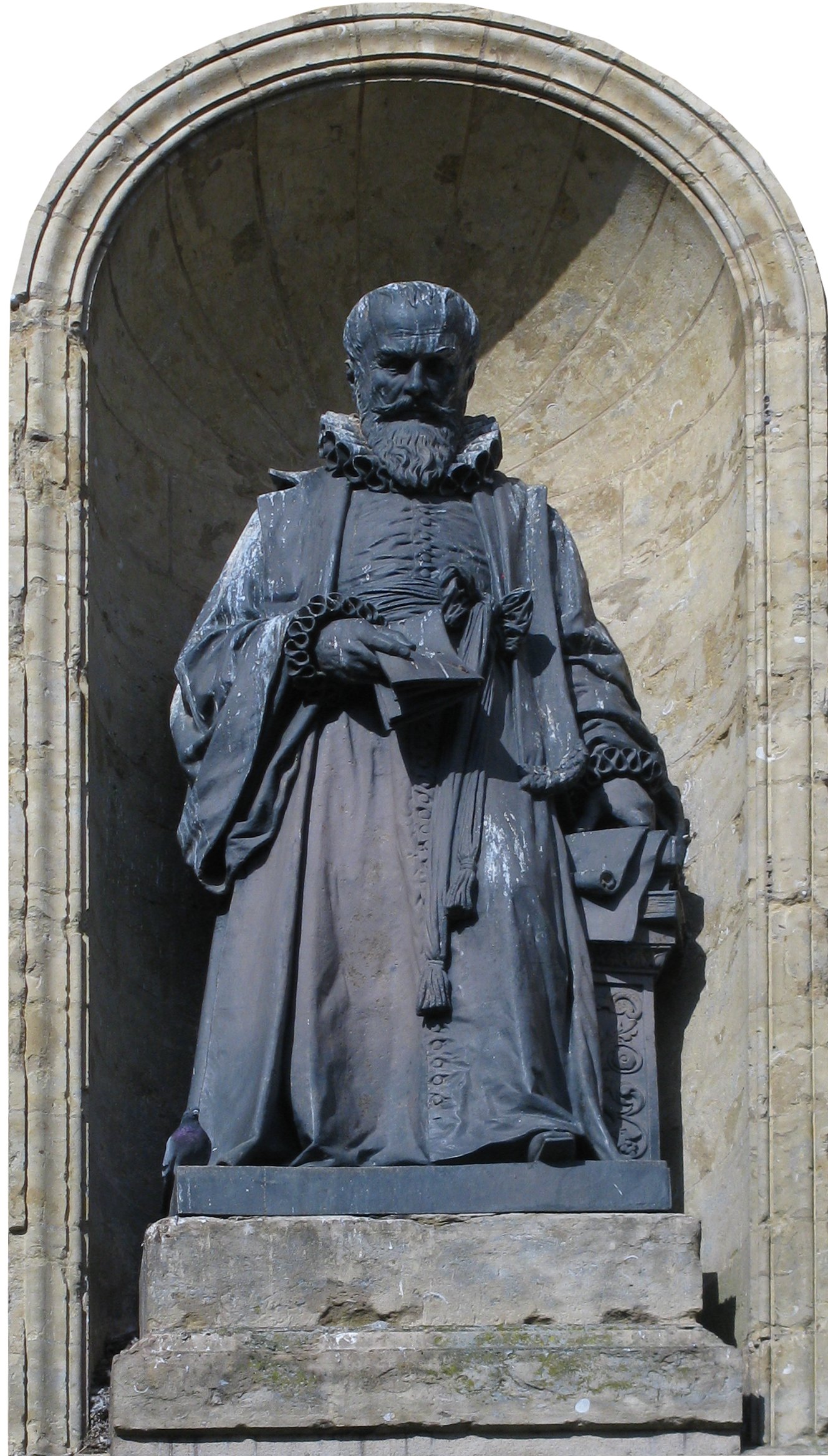Guy Coquille on:
[Wikipedia]
[Google]
[Amazon]
 Guy Coquille (1523–1603), also called Conchyleus, was a French jurist.
He studied the
Guy Coquille (1523–1603), also called Conchyleus, was a French jurist.
He studied the
 Guy Coquille (1523–1603), also called Conchyleus, was a French jurist.
He studied the
Guy Coquille (1523–1603), also called Conchyleus, was a French jurist.
He studied the humanities
Humanities are academic disciplines that study aspects of human society and culture. In the Renaissance, the term contrasted with divinity and referred to what is now called classics, the main area of secular study in universities at the t ...
in the Collège de Navarre
The College of Navarre (french: Collège de Navarre) was one of the colleges of the historic University of Paris, rivaling the Sorbonne and renowned for its library.
History
It was founded by Queen Joan I of Navarre in 1305, who provided for thr ...
, Paris
Paris () is the capital and most populous city of France, with an estimated population of 2,165,423 residents in 2019 in an area of more than 105 km² (41 sq mi), making it the 30th most densely populated city in the world in 2020. S ...
, from 1532 to 1539, and then law in Padua
Padua ( ; it, Padova ; vec, Pàdova) is a city and ''comune'' in Veneto, northern Italy. Padua is on the river Bacchiglione, west of Venice. It is the capital of the province of Padua. It is also the economic and communications hub of the ...
and Orléans
Orléans (;"Orleans"
(US) and Nevers Nevers ( , ; la, Noviodunum, later ''Nevirnum'' and ''Nebirnum'') is the prefecture of the Nièvre Departments of France, department in the Bourgogne-Franche-Comté Regions of France, region in central France. It was the principal city of the ...
in 1559, where he worked as an advocate for the (US) and Nevers Nevers ( , ; la, Noviodunum, later ''Nevirnum'' and ''Nebirnum'') is the prefecture of the Nièvre Departments of France, department in the Bourgogne-Franche-Comté Regions of France, region in central France. It was the principal city of the ...
Parlement
A ''parlement'' (), under the French Ancien Régime, was a provincial appellate court of the Kingdom of France. In 1789, France had 13 parlements, the oldest and most important of which was the Parlement of Paris. While both the modern Fre ...
. He represented the Third Estate
The estates of the realm, or three estates, were the broad orders of social hierarchy used in Christendom (Christian Europe) from the Middle Ages to early modern Europe. Different systems for dividing society members into estates developed and ...
of his province in the States-General of 1560, 1576 and 1588, and served as procureur fiscal
A prosecutor is a legal representative of the prosecution in states with either the common law adversarial system or the civil law inquisitorial system. The prosecution is the legal party responsible for presenting the case in a criminal tria ...
of the Duke of Nevers
The counts of Nevers were the rulers of the County of Nevers, which became a French Duchy of Nivernais, duchy in 1539, with the rulers of the duchy calling themselves Duke, dukes.
History
The history of the County of Nevers is closely connected ...
from 1571 on.
Coquille's writings were all published posthumously. They include the ''Institutions au droit des Francois, ou Nouvelle Conférence des Coutumes de France'' (1607) and the ''Questions et responses sur les Coutumes de France'' (1611). These works attempted to cover the laws of France comprehensively without respect to their origin in the common law or in Roman law, a novel approach that first emerged in the legal writing of 16th century France, and later in that of other European countries as well.
References
* * Guy Thuillier, ''Guy Coquille et les auteurs nivernais du XVIème siècle'', Nevers : Bibliothèque Municipale de Nevers : Société Académique du Nivernais, 2003 *Nicolas Warembourg
Nicolas Warembourg (born in 1974) is a French jurist, professor of Law at the Sorbonne.
He specializes in historic, public and constitutional law.
He is regularly interviewed. He is the most highly specialized regarding Guy Coquille.
Training
H ...
, ''Guy Coquille et le droit français : Le droit commun coutumier dans la doctrine juridique du XVIè siècle'', 2005, 864 p.
16th-century French lawyers
University of Paris alumni
University of Padua alumni
1523 births
1603 deaths
Ancien Régime office-holders
{{France-law-bio-stub